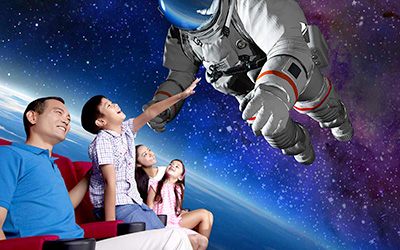About Sustainability Applied Learning Programme
With a growing world population and rapid urbanization across the globe, governments and world organisations are concerned about the provision of resources for humanity’s well-being. The three main resources are water, food and energy.
To maintain ecological balance and ensure a future where our planet can continue to provide us with water, food, and energy, we need to look into sustainability.
At the heart of it, sustainability is about taking care of the
environment and not changing it faster than we can adapt so that it can continue to take care of us and meet our physical needs.
At the global level, in order to combat climate change, countries and companies are learning to diversify sources
of energy and identify creative ways to manage existing resources through reducing, recycling and reusing. Over the last few decades, alternative and renewable energy like solar energy, wind energy, geothermal energy, nuclear energy, hydroelectric
power and biofuel have been discovered and utilized to replace the excessive consumption of fossil fuels used to provide for our energy needs.
The world must anticipate and prevent challenges like climate change, environmental degradation
and depletion of resources by forging new ways to safeguard a sustainable future for the next generation.
In Singapore, we have limited natural resources. Because of land scarcity, there is limited space for energy harvesting, agriculture,
manufacturing and water catchment areas. Consequently, we have to import the majority of our energy, food supplies and water.
Through technological innovation, we now have NEWater (reclaimed water) and desalinated water as part of our Four
National Taps. Due to the year-round tropical climate in Singapore, we are also looking to solar energy as the most reliable renewable energy option for Singapore.
To move forward as an eco-friendly and self-sustainable nation that
depends less on other countries, Singapore continues to invest in research and development to meet her resource needs in the long term. In addition to technology for resource, it is also important for Singapore to look to technology for environmental
conservation. We need to do our part for the global effort to protect the planet’s natural heritage. It is only with nature’s help in providing us valuable ecosystem services can we continue to have clean air to breathe, clean water to
drink, and grow the food we need.
Our Sustainability Applied Learning Programme seeks to cultivate an awareness of sustainability among students and encourage them to explore different ways to promote it.
Through hands-on activities,
they will have the opportunity to design prototypes to harness renewable sources of energy or raise awareness about the environment and waste management in their school communities. For example, students may learn to build their own chemical-fuelled
vehicles, construct solar-powered fans or portable chargers, or use Arduino programming to make an e-water sensor to ensure the water quality in the environment.
By learning basic knowledge and applications of energy conservation, energy
conversion and programming, students will be better prepared to face and mitigate the real-world challenges on sustainability.
Back to Applied Learning Programme




.jpg)
d1-01.jpg)


